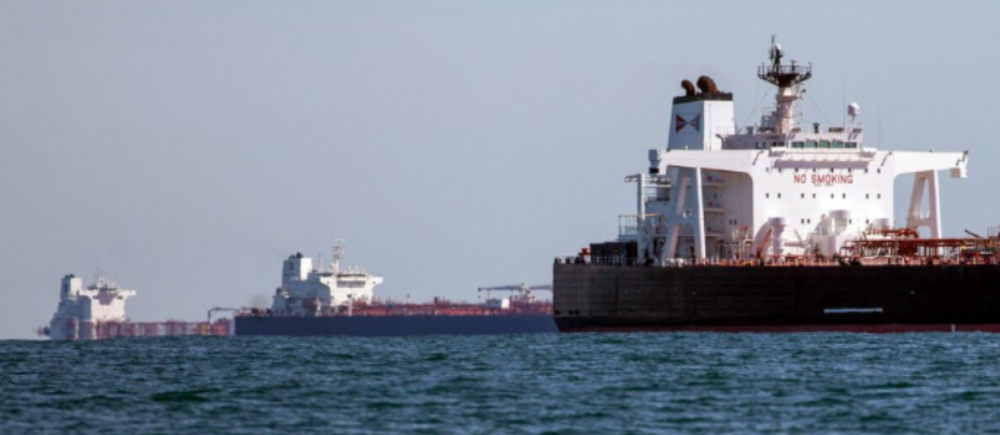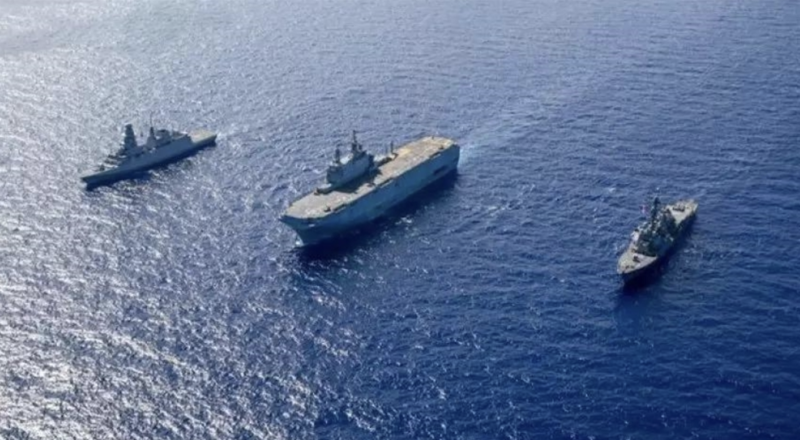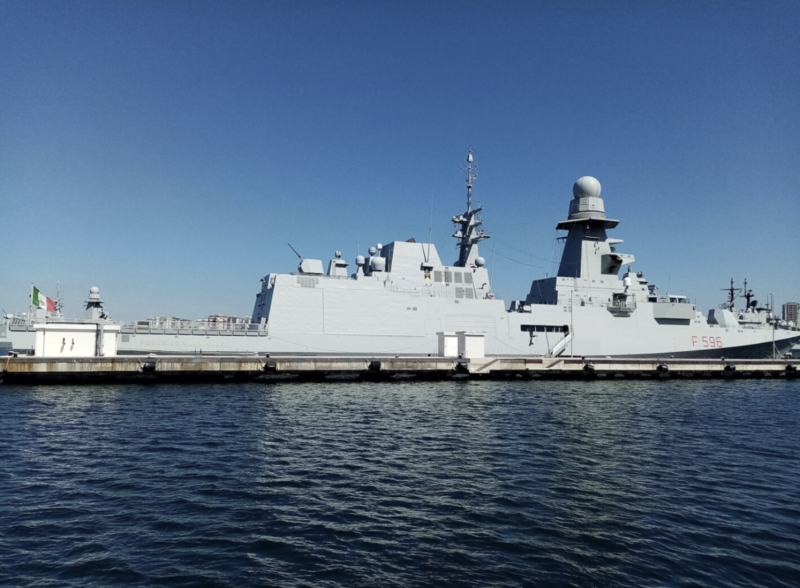Red Sea attacks force firms to test new land routes via UAE, Saudi


The new routes may also serve as a trial run for the much bigger India-Middle East-Europe Economic Corridor.
An Israeli software startup and one of the world's biggest shipping lines are among companies that for the first time are opening up commercial trade routes running through the heart of the Middle East to bypass the Houthi-menaced Red Sea.
Trucknet Enterprise Ltd. is sending goods including food, plastics, chemicals and electricals from ports in the United Arab Emirates and Bahrain, through Saudi Arabia and Jordan, on to Israel and further to Europe, Chief Executive Officer Hanan Fridman said. Hapag-Lloyd AG, the world's No. 5 container carrier, is looking to link Dubai's Jebel Ali and two eastern Saudi ports with Jeddah on the west coast. Another of its options connects Jebel Ali with Jordan.
The routes offer an immediate solution to shipments trying to avoid the Houthi hot zone around the Bab el-Mandeb strait in the southern Red Sea, where months of missile and drone attacks have forced many commercial vessels to divert to a longer route around Africa. It's disrupted crucial trade flows, raised freight costs and the impact is starting to filter through the global economy.
Companies have been forced to look for ambitious alternatives. Trucknet's route has not previously been attempted on a commercial scale due to strained relations between Israel and Arab nations. While the UAE-Bahrain-Israel Abraham Accords three years ago eased their ties, attempts to normalize relations between Saudi Arabia and Tel Aviv stalled with the war in Gaza.
Cargo from India, Thailand, South Korea and China has been sent by trucks in recent weeks, Fridman said. Goods destined for Asia are also moving in the opposite direction, helping lower overall costs.
The route's long-term viability, however, will depend on stability in the region. The volumes trucks can carry are also significantly smaller than those transported by ships. Still, the land route offers an alternative for some goods, Fridman said.
Hapag-Lloyd spokesman Nils Haupt acknowledged that its planned links are a short-term solution for shippers moving a limited amount of cargo – "not thousands of containers." The land bridge is neither fast nor easy, he said, but it might help boost the flow of trade through ports in the region like Jeddah that are effectively cut off from their usual links to the global economy.
The drive from Jebel Ali port to Israel's trade gateway in Haifa takes about three to four days compared with a voyage of 10 days or more around Africa's Cape of Good Hope, which will increase the appeal, according to research this week from S&P Global Market Intelligence.
"The land bridge, while carrying a not-insignificant quantity of traffic, will remain a niche solution for shipments specifically to Israel," said Chris Rogers, head of the supply-chain research group at S&P Global.

Mokha — Yemen is entering a highly sensitive stage as political and military developments accelerate, raising mounting warnings over the resu…

Red Sea — The European naval mission tasked with safeguarding international shipping lanes announced that an Italian frigate operating under…

Paris – The French Ministry of Foreign Affairs issued a statement expressing deep concern over the situation in Yemen, while reaffirming its…